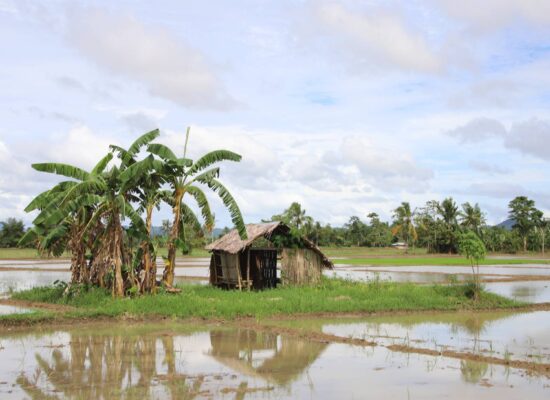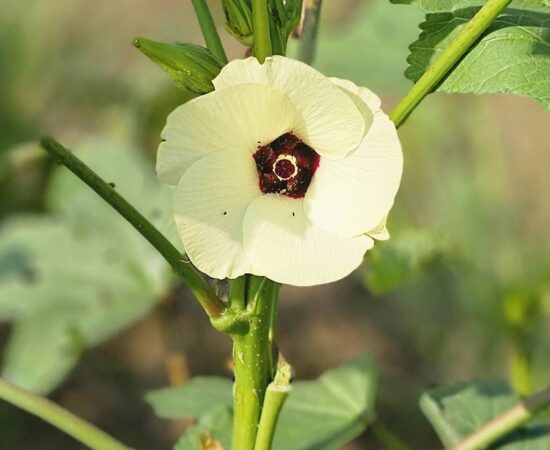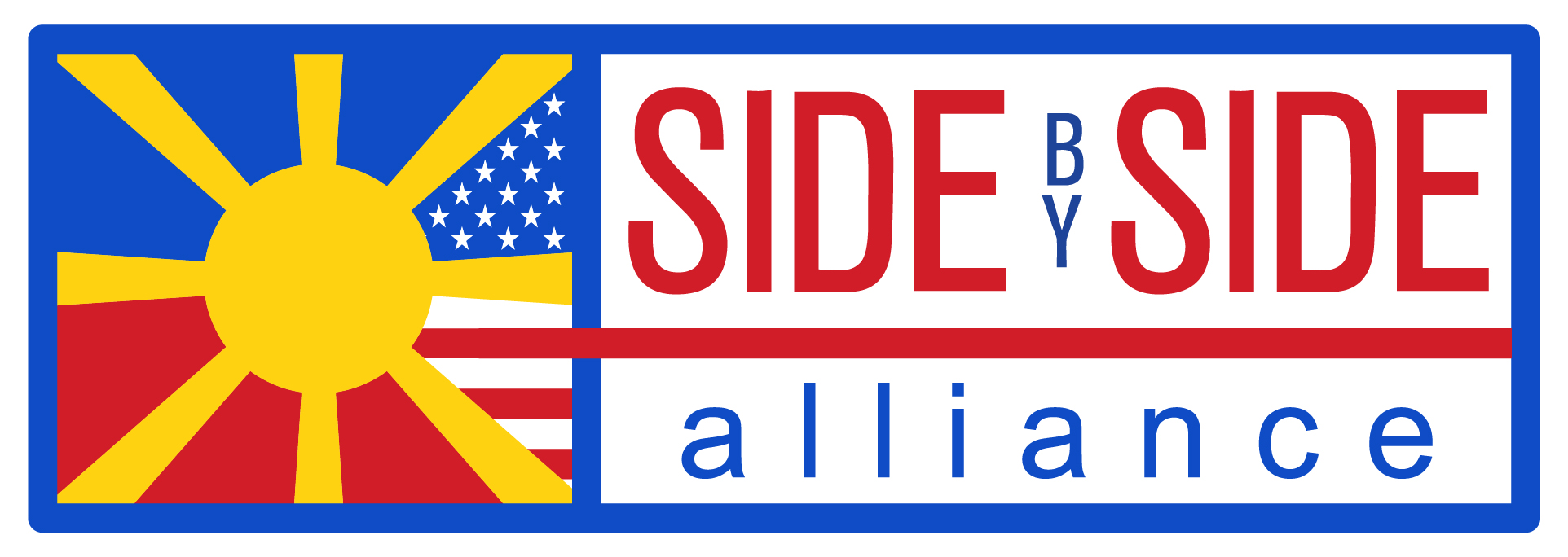What is Poverty?
Often, we think of poverty as a lack of material things. And a lack of material goods is part of the definition, for sure. But the definition of poverty is bigger than just a lack of things. It goes deeper than that. A bigger view would say that poverty has to do with broken systems, that poverty is the result of a complex web of broken things and broken relationships.
Four Foundational Relationships, All Broken by the Fall
In his book Walking With The Poor, Bryant Myers describes poverty at its most basic level as brokenness in the four foundational relationships that make us human: our relationship with God, self, others, and the rest of creation.
Relationship with God
The relationship with God is man’s primary relationship, with the other three relationships flowing out of this main one. Our primary calling as human beings, according to Scripture and the Westminster Shorter Catechism, is ‘to glorify God and to enjoy Him forever.’ This is the ultimate purpose for which we were created: to praise and honor the One who created us. When we fulfill this purpose, we live in right relationship with God and we live in the good of all that means; when we don’t fulfill this purpose, this primary relationship is marred, and we are not able to abound in the way that God intends.
Relationship with Self
Every person has been created in the image of God and exists as an image-bearer of God, possessing inherent dignity and worth.

While we are not equal to God, we have been given the high calling of reflecting the essence of God’s being. While we are not equal to God, we have been given the high calling of reflecting the essence of God’s being. The fact that we are able to emulate some of God’s very character is what makes us superior to the rest of creation. One’s relationship with oneself is marred when he or she does not understand this key fact.
Relationship with Others
God also made us to live in loving relationship with other people. We were not created to live alone, but rather in community. He made us to know others and to be known by others. He made us to encourage, love, show compassion, forgive, and to use the gifts He’s given us to fulfill our callings. He also made others to be encouraging, loving, compassionate, forgiving, etc. and use their gifts and abilities to come alongside us and make a difference in our lives, as well. We’re not meant to be islands – God made everyone for relationship!
Relationship with the Rest of Creation
Finally, God created the earth and called it ‘good’, but He also left it incomplete for man to work and interact with. The ‘cultural mandate’ of Genesis 1:28-30 tells us that God created us to be good stewards of the creation He made, to subdue the earth and manage it well, to preserve it, and produce good things from it. God intends for man to sustain himself by the fruit of his labors.
Because these four foundational relationships have been marred and experience different kinds of brokenness ever since the Fall, we all need the transformative work of God to redeem and restore the relationships back to all that God intends them to be.

The Redemption that is Still to Come
Transformational development seeks to address poverty at the root level, by looking at these four foundational relationships – which means SSA’s work helps everyone see that we all experience brokenness in our lives this side of heaven.
As we walk alongside families in SSA’s partner-communities, we remember this: there is good news! God created the world and said that it was good! Jesus Christ is continuing to sustain the world – even now, already working to reclaim what is broken in our lives. He is already at work, rescuing and restoring people to God, and allowing us to use our gifts and abilities for the good of others and for the glory of God! Through His perfect life, His atoning sacrifice on the Cross, and His resurrection from the dead, Jesus has made a way for us to live in freedom now, even as we wait for the final and perfect Redemption that is still to come!
